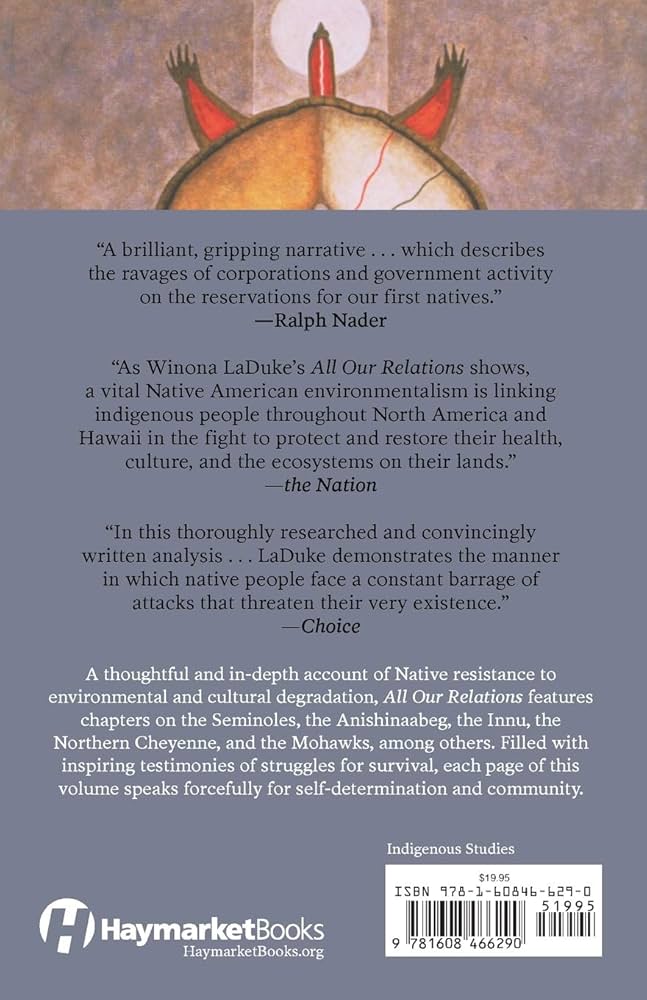
Construction on “Alligator Alcatraz” Stopped, Yet Native Heritage Still Threatened

A federal judge halted further construction on the notoriously dubbed “Alligator Alcatraz” detention center yesterday, August 7, in response to a lawsuit citing the prison’s risks to environmental diversity and Native American heritage.
In addition to threatening endangered species like the Florida panther and bonneted bat, the prison impinges on the Miccosukee Tribe’s deep cultural and spiritual connections to the land surrounding the Dade-Collier Training and Transition Airport, where the detention center was built, the lawsuit argues.
There are 15 active traditional villages in the Big Cypress National Preserve, according to the Tribe, which says that many of its ceremonial sites and burial grounds are situated in the area. A total of 10 Miccosukee villages are located within a three-mile radius; one of them, the Panther-Osceola Camp, where Tribal members regularly host cultural activities and sacred ceremonies, is approximately 1,000 feet from the detention center’s boundaries.
The wetlands and prairies of Big Cypress are considered sacred to members of the Tribe, who were forced deeper into the Everglades in the late 19th century and view the region as a sanctuary. Far from “an uninhabited wasteland for alligators and pythons, as some have suggested,” the area has been populated and stewarded by the Miccosukee for centuries, said a statement from the Tribe shared with Hyperallergic.
“The Miccosukee Tribe is committed to ensuring that our ancestral lands in Big Cypress will not become a permanent detention facility,” Miccosukee Chairman Talbert Cypress said in the statement.
The lawsuit was originally brought by three organizations — Friends of the Everglades, the Center for Biological Diversity, and Earthjustice — which accused local and federal authorities of breaking the law by forging ahead with the prison’s construction without conducting an environmental impact study. On July 14, the Miccosukee Tribe filed a motion to intervene in the suit, further claiming that Alligator Alcatraz was built without tribal consultation.
The detention facility was erected in the heart of the Tribe’s ancestral lands, where “hundreds, if not thousands, of protected ceremonial and religious sites are located,” the Tribe said in its intervenor complaint.
Light and noise pollution, vehicle traffic, and other factors pose serious harm to the region’s wetlands and ecosystem and could have adverse effects on potable water, according to court documents. These disruptions also interfere with the Tribe’s right to use the land, including for religious ceremonies and medicinal practices, as enshrined in the Everglades National Park Act and the Miccosukee Reserved Area Act.
Community advocates and Tribal members mobilized quickly against Alligator Alcatraz since Florida authorities first announced plans to fast-track the facility in June. The cause has notably galvanized artists in and near the region, among them Artists 4 Artists, a Miami-based group hosting workshops and direct actions to “counter state-sponsored dehumanization.” On July 13, Big Cypress photographers Clyde and Nikki Butcher opened the doors to their gallery along the Tamiami Trail, less than 10 miles from the detention center, for a public event during which environmental organizations and Miccosukee Tribe member, activist, and educator Betty Osceola emphasized the region’s biological diversity and ancestral significance.
Yesterday’s temporary injunction, issued by Judge Kathleen Williams of the District Court for the Southern District of Florida, pauses further building activity including paving, fencing, and excavation on the site for the next two weeks.
The order, however, does not suspend operations at the tented facility, where hundreds of detainees face what have been described as inhumane conditions made worse by life-threatening flooding and mosquito infestations. A separate civil rights lawsuit against the facility alleges that detainees are being imprisoned without charges and blocked from meeting with lawyers.